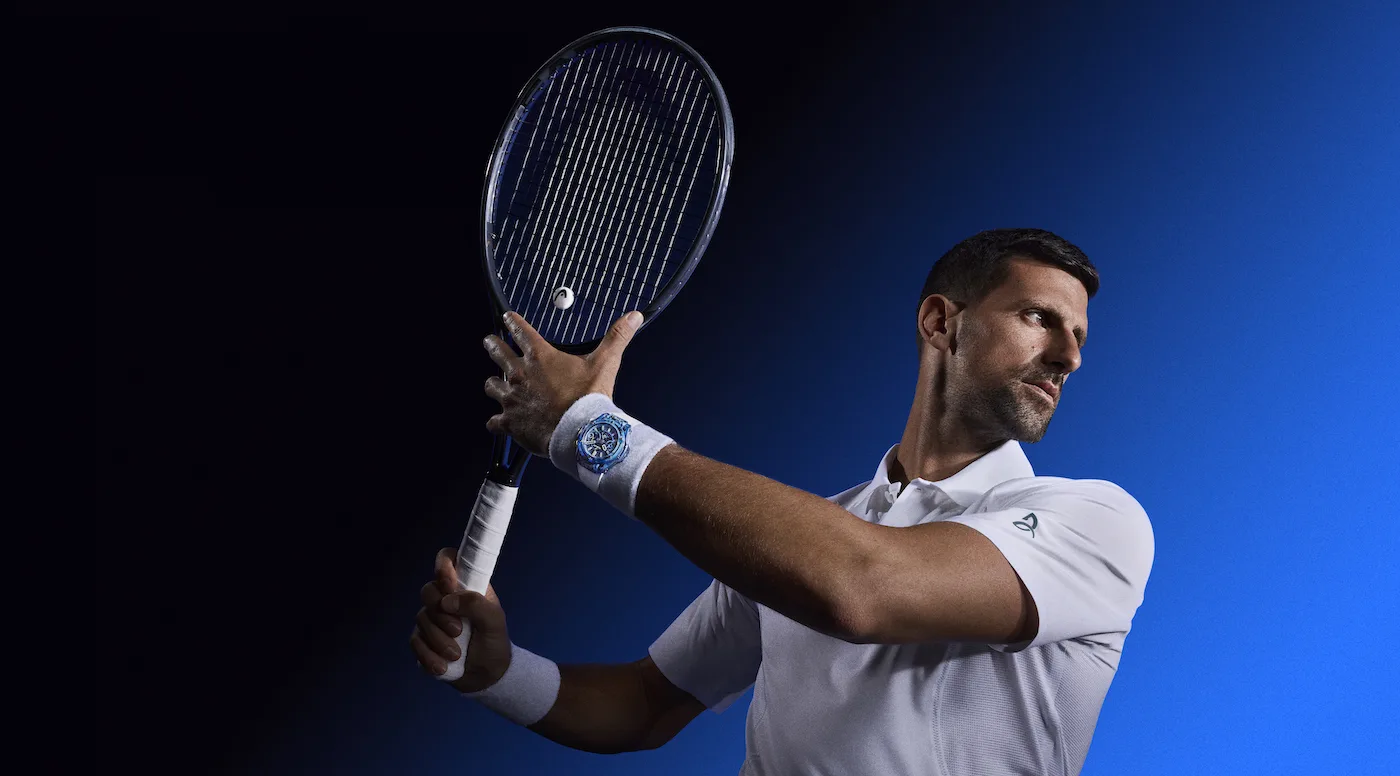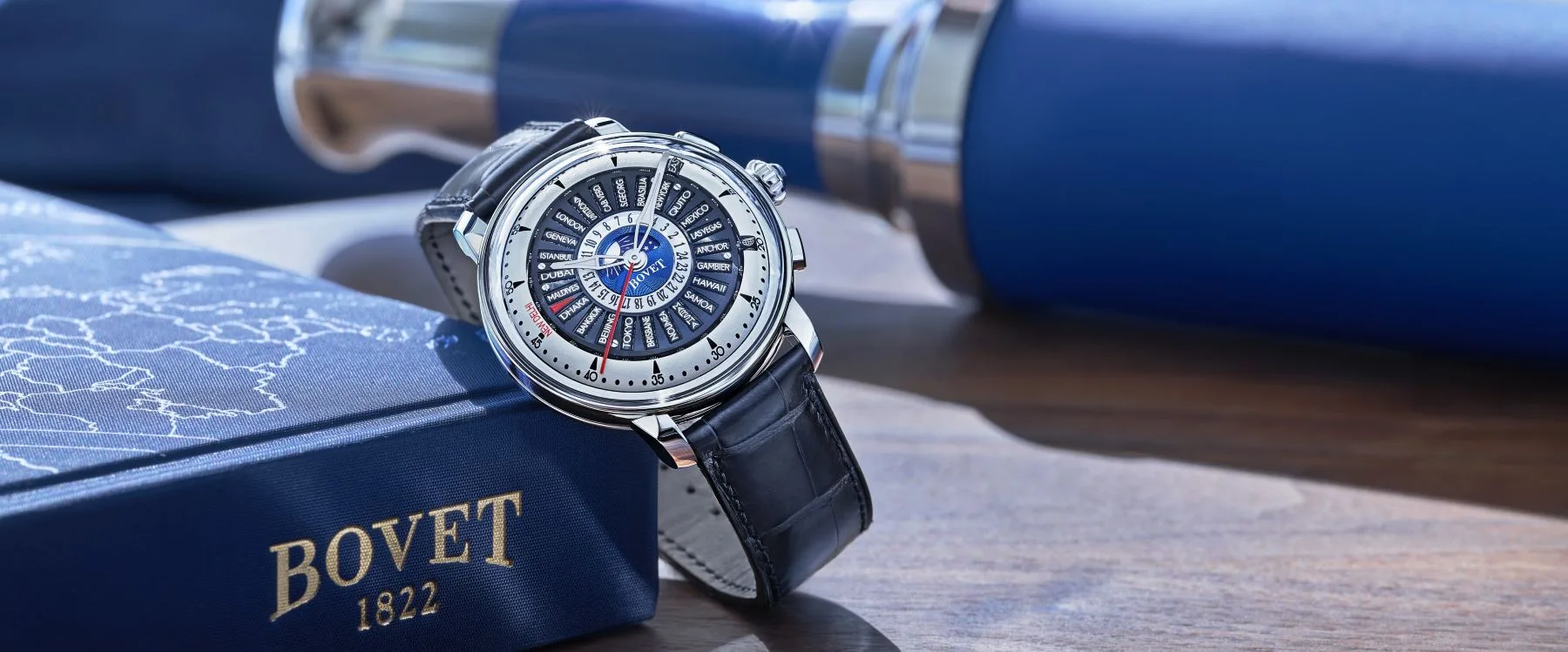Everyday most of us enter a new environment, a shop, an office or the home of a friend. These spaces have been designed and built, filled with artefacts, machines and decorative accessories. On the most part, we focus on the people we are with and don’t think of the individuals who have helped construct the building, design the space or manufacture the various objects occupying it.
I recently had the opportunity to chat with one of these tradesmen, a man whose job has been to install flooring. Having worked for years on general jobs, where his work was driven mainly by the imperatives of speed and cost, he is now working for a building contractor doing high-end conversions and new-builds in Devon, for people to whom quality is more important than speed, where he is encouraged to take his time and do an excellent job. For the first time he is able to enjoy what he does, and more specifically to see his trade as a craft and himself as a craftsman. He is able to value himself in a way he has been unable to before.
When I wrote my book Material I came across many stories like this, of individuals who wanted more from their work, to feel that they had more to offer than simply working to live. A man who comes to mind is a mild mannered steel fabricator who felt that he was just a production machine, but then got a new job restoring vintage Riley cars, and suddenly found a new world of possibility opening up. In this parallel universe, the love of the owners for their cars allowed him the space to fully tap his own interests and skills, and earn the appreciation of the client. From here he was able to reconnect to the values that he wanted, to the satisfaction of applying himself steadily to the practise of making. For the last few years, he has come to resuscitate the almost extinct craft of riddle and sieve making, running his own business and giving gardeners and home bakers the pleasure of using the beautiful tools that he so loves to make.
It takes time to make bespoke items crafted by hand…
– Nick Kary

Everything we consume has been made, having been converted from materials grown on or extracted from the Earth. Yet most of that production happens behind the closed doors of factories throughout the world, and the men and women involved in it are either machine operators, or are operated themselves as if they were machines. Whether it is the maquiladoras on the Mexican American borders, sweat shops in Leicester, or production lines for cars, furniture, or sanitary ware, most goods are built to a price and levels of efficiency that do not allow for the satisfaction and self-esteem of those involved.
We are living in a time when there appears to be an increased value in the handmade, where words like craft and artisan are returning to our language in positive terms. There are now many courses offering us the opportunity to make baskets, learn beekeeping, make soap or knife blades. I myself run courses teaching furniture making where I see first-hand the thirst individuals have to learn new skills which will help them value themselves in a way that their jobs may not. Yet while this goes on, so too does the mis-selling of the idea of the handmade, where the words associated with it are being used to sell products which have barely seen a hand during their production.
Whether it is the families of coppersmiths in Mexico, beating out hot copper slowly and rhythmically into a beautiful fluted vase; or the smith in a Devon valley whose endeavour sings out into the still quiet of a rainy day, the landscape is full of the ancient human urge to make. The craftsmen and women who I follow in my book are largely invisible to those that drive by, work in quiet isolation in a garden studio, or workshop, in the middle of the country or the heart of the city. Yet they hold a key to values and trades which have for some time been disappearing.

The human aptitude to oppose thumb and forefinger, our unique ability to manipulate material into objects of use has evolved alongside our brains. As our ancestors went from grasping branches to using tools, so too did their frontal cortex develop and help us advance to where we are today, trained to use our overactive minds in extraordinary ways, but often forgetting what we can do with our hands and how essential it has been to human development and survival.
It takes time to make bespoke items crafted by hand and, though many makers only make a bare living from it, their products often seem unattainable for most people. The prices asked are compared to the products of the factory, price and disposability placed above the extraordinary value of the handmade object. The preservation of skills, the development of self-esteem, the beauty reflected in the eye of the owner, the use of local materials and development of a local market place are just a few of the values that the handmade crafts bring. There is an ever greater availability of beautifully handcrafted small objects, from jewellery to wood and linocuts, hand carved spoons and ceramics where the price is affordable to many, where the beauty and elegance reflect back on the purchaser.
My work can only be afforded by those with enough money or passion for it, the function that it brings not necessarily any greater than a piece bought from Ikea, but its inherent value and association incomparably greater. Yet, as I reflect on the pleasure and extraordinary benefits that making brings me, I realise that there is much more to craft than the commercial element of it, than the industry of it. Crafting was of old associated with living, the action of our hands helping directly sustain our livelihoods and develop community relationship. More and more people I meet are returning to an element of this, of integrating some making into a busy life, of finding the space to knit, do leatherwork, experiment with sourdough breads or make furniture. When we make for ourselves, we can practise some level of self-reliance by crafting the matter of our own lives.
The real cry to arms is for us to make a little more for ourselves, to practise our autonomy, develop our skills and remind ourselves why it is we have hands and are human. With this we will grow our appreciation of what it takes to make by hand, and we will become more discerning of what we buy and which individuals -rather than corporations- we wish to sponsor through the purchasing of what we need.
About the author:
Nick Kary’s childhood was spent restoring furniture and crafting all sorts with his granddad, which has evolved over the last 35 years into a livelihood of making, teaching, and writing, while building his family home and cabins. His skill as a craftsman and designer of fine furniture has taken him to develop a portfolio of clients which include Terence Conran, Madonna and Elton John. He is a part-time lecturer at Plymouth University and at the Schumacher College, and teaches furniture making from his own workshops at The Brake—the creative centre he has established with his wife Dolly, based near Totnes. It is here that he can practise his passion for helping others find another way of thinking through their hands. He has two sons and a daughter.

Material by Nick Kary is published 24th September by Chelsea Green Publishing, £20
http://www.thebrake.net/
@nickkarymaker

















Show Comments +